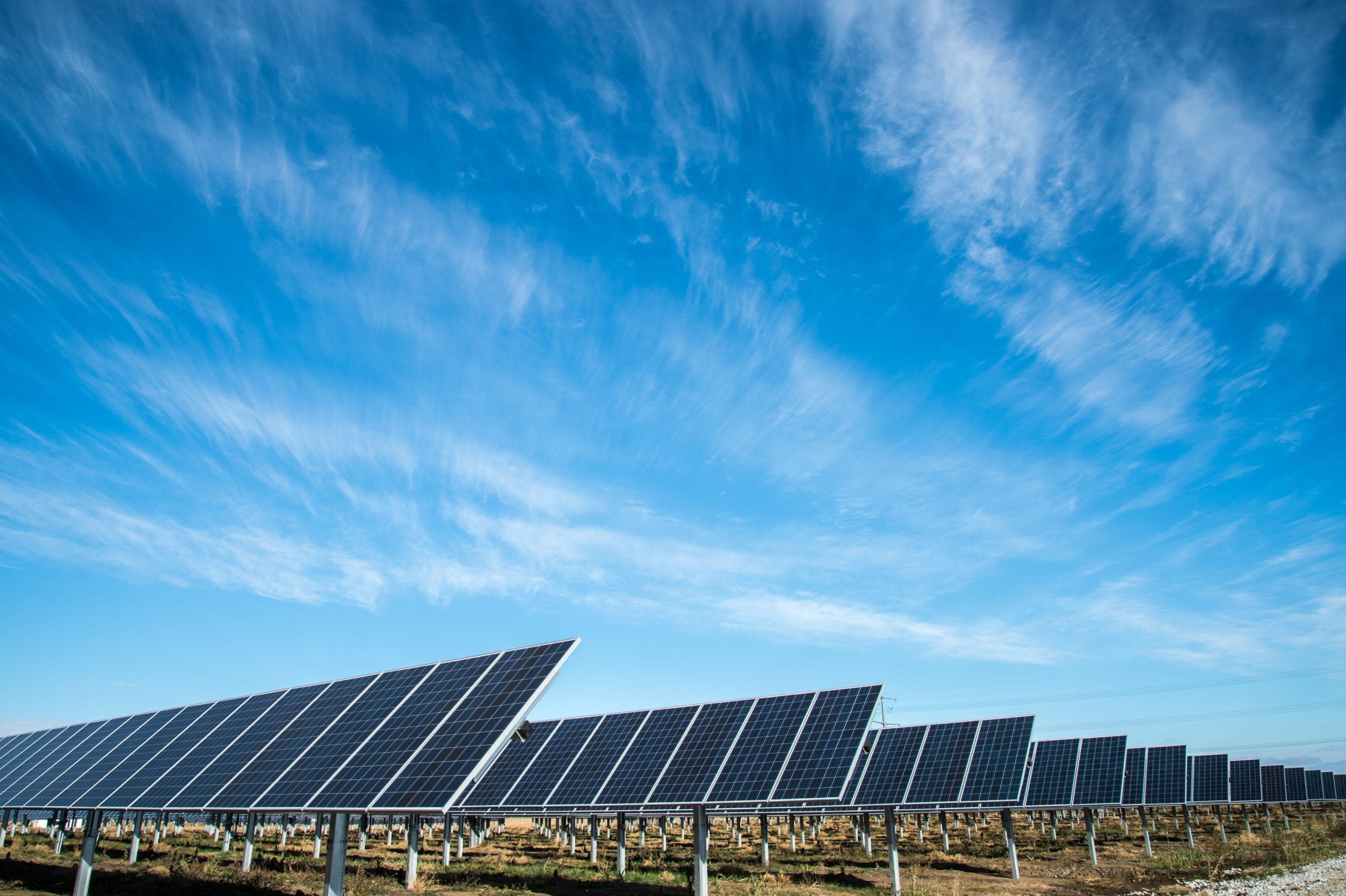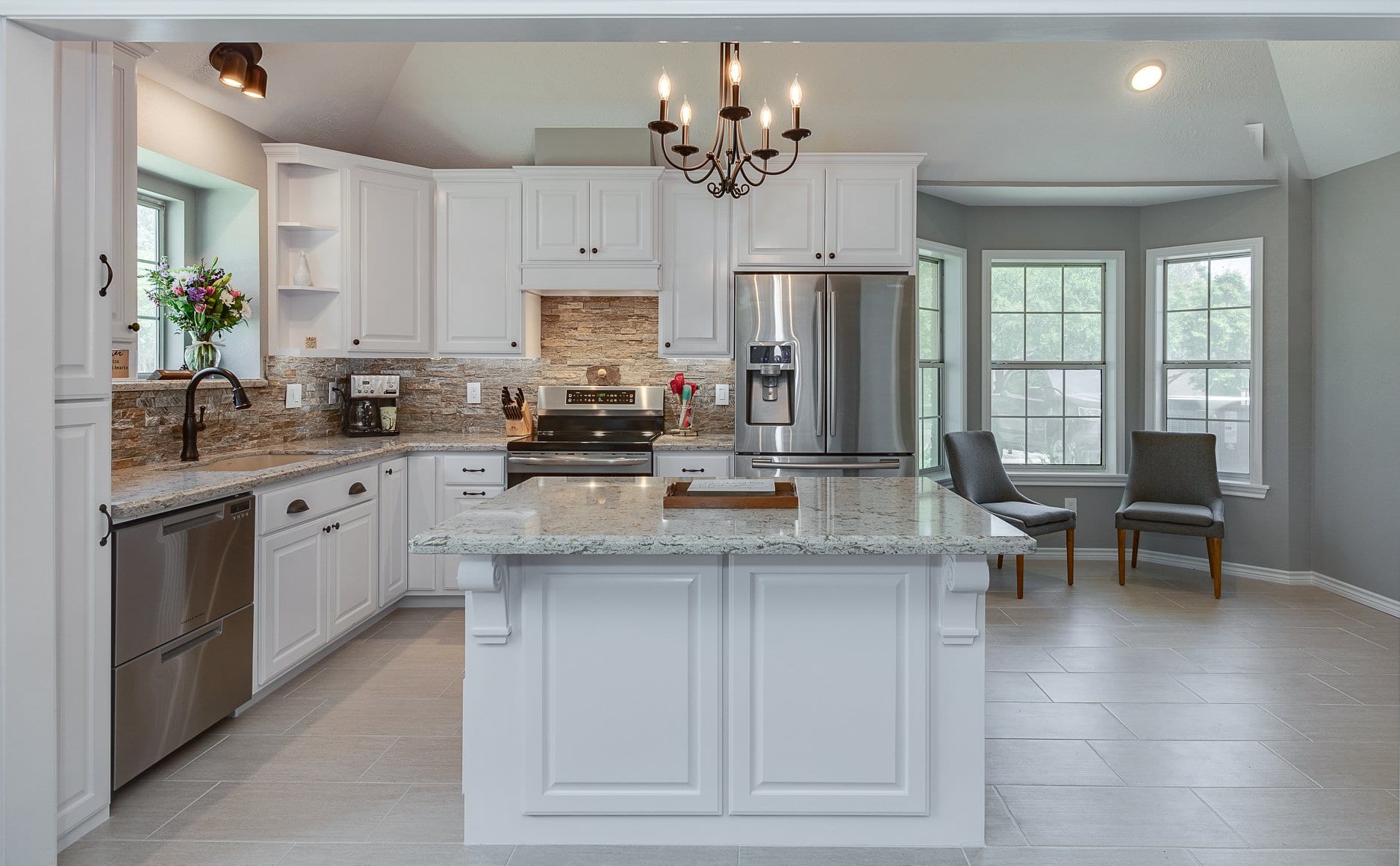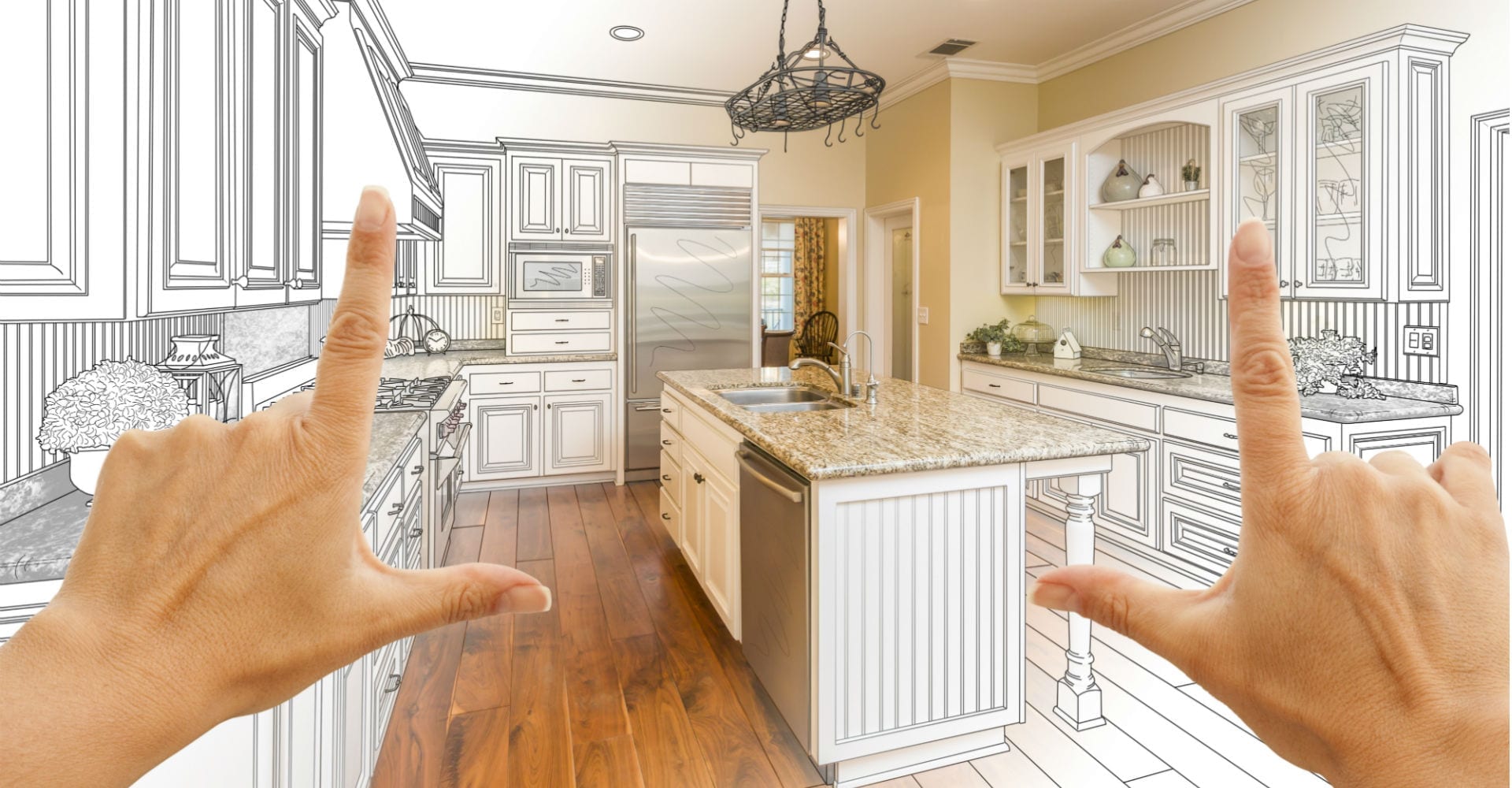In February the Federal Trade Commission handed down a complaint against five window manufactures for making wildly false claims in their marketing material about expected energy savings from their replacement windows. This is not to say that you should not pay attention to your windows with an eye toward energy savings and possibly even consider replacing them. But on average most window replacements will reduce overall energy bills less than 5%, not the 50% claimed by some manufactures. But there are other reasons than return on investment that may encourage you to replace your windows. One of those reasons is comfort. Good windows will make your home more comfortable. The other reason is aesthetics. Windows frame the world beyond and should be just as beautiful as your best framed work of art. Indeed, a properly placed window may be your best piece of art. A high quality window will encourage you to open it on a nice day, unlike poor quality windows that must be fought to get them opened and closed. These are good reasons to replace windows, but most people are sold new windows on the idea that they will have a short return on investment, which is seldom the case.
But you do not have to replace your windows to improve their energy efficiency. Typically windows pose two energy loss problems: Thermal transfer and air leakage.
In our hot humid part of the world we are primarily concerned with transferring energy into the house. Shading is a key factor in reducing heat transfer into the house. This is true on all exterior surfaces but especially on windows that have the least resistance. One of the first things that might be considered is landscaping. Can a large tree or other shade plant help out? On western windows awnings might be an option to consider. Pergolas and covered porches can also be an effective way to provide relieve. Since 2002 low-e coatings have been required on windows in conditioned spaces in Texas. On homes older than this, these coating can be added though it is a touch process that puts the coating outside of the glass rather than between two panes of glass where they will last much longer. Blinds and shades can also provide effective protection from sunlight. Solar shades can provide a dramatic reduction in heat gain on windows that get a lot of direct sun.
Making sure that windows are properly aligned and well caulked will help reduce air leakage. Storm windows can help reduce both heat transfer and air leakage when properly installed. Making sure that sashes are properly shut and locked will also help reduce air leakage.
You can find more information on reducing energy loss though windows here.









